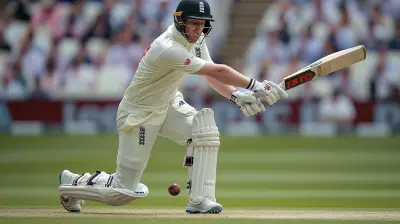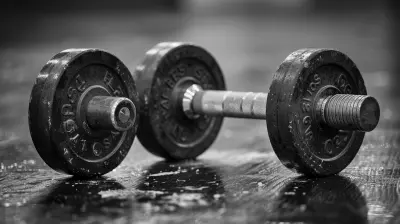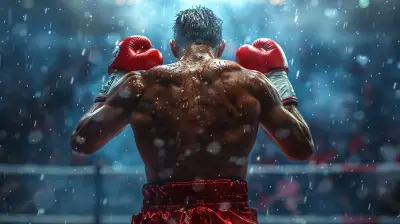The Role of Mentorship in Fostering Sportsmanship Among Athletes
9 September 2025
Let’s face it—sports aren't just about breaking records or winning medals. There's something deeper going on behind the scenes, something that has far more staying power than a shiny trophy. We’re talking about character. Integrity. Respect. You know—the stuff that defines a true athlete, no matter the scoreboard. And at the heart of building those qualities? Mentorship.
But how exactly does mentorship mold athletes into better sportspeople? Can a good mentor really be the difference between arrogance and humility, selfishness and team spirit? Buckle up, because we’re diving into the curious, untold impact of mentorship on sportsmanship. This isn't just about coaches yelling from the sidelines—this is about building the soul of a game.
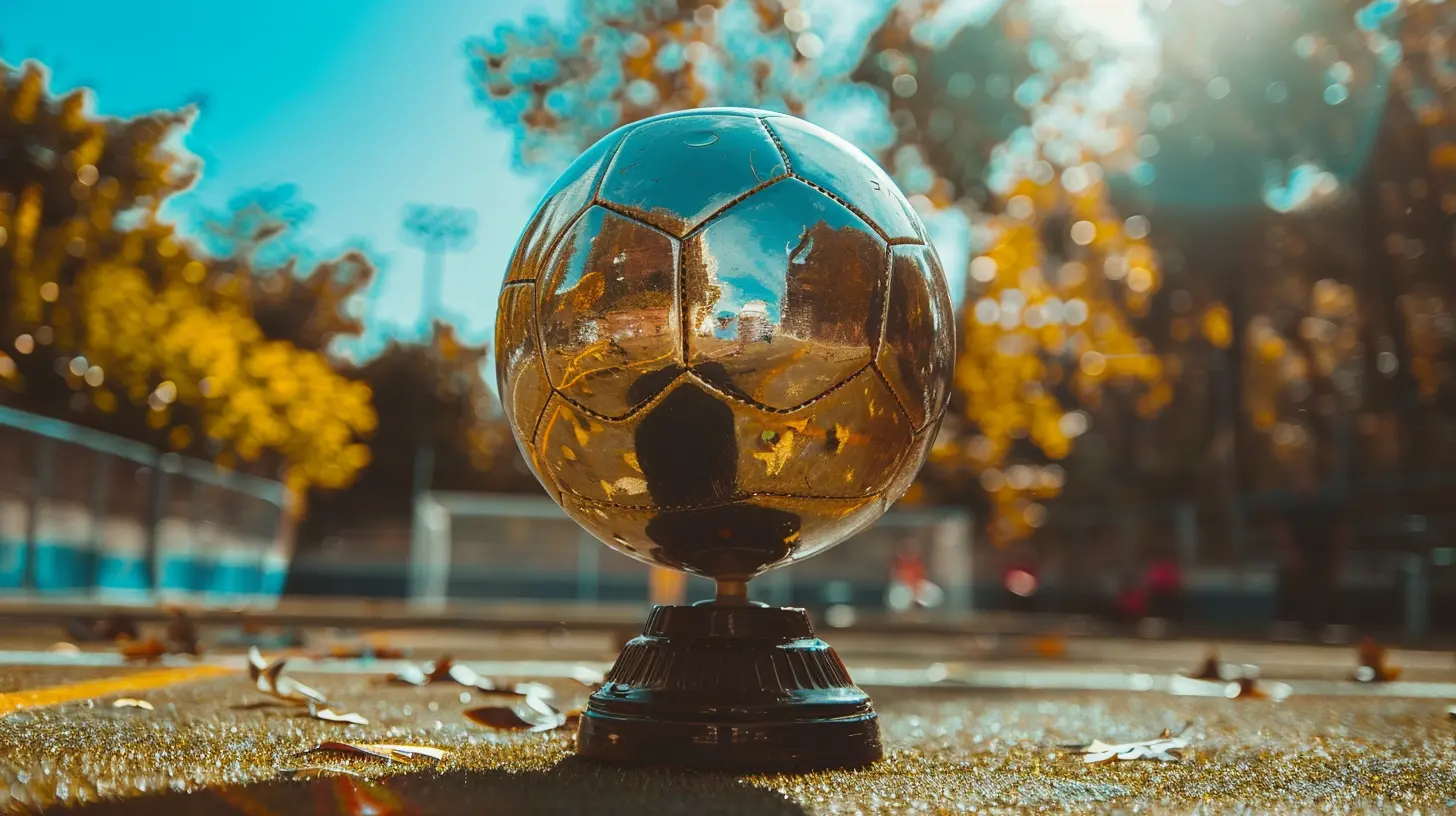
What Exactly Is Sportsmanship?
Before we get into the mentor magic, let’s keep it simple—what do we mean by “sportsmanship”? It’s not just shaking hands at the end of a match or clapping when your opponent scores (though those matter).Sportsmanship is about:
- Respecting opponents
- Playing fair
- Accepting wins humbly and losses with grace
- Encouraging teammates
- Listening to refs without throwing tantrums (looking at you, hot-headed youth league players)
Great sportsmanship is basically being a good human...on and off the field. It shows who you are when the pressure is on, when the crowd’s roaring, or when the scoreboard isn’t in your favor.
And building that level of character? Yeah, it doesn’t usually happen alone.

Mentorship: The Hidden Engine of Character in Sports
Think back to any athlete you admire. Chances are, their story has a pivotal character—someone who guided them, supported them, corrected them, and challenged them. That's a mentor.A mentor isn’t always a coach or trainer. Sometimes it’s a senior teammate, a parent, or even a former pro who took an interest. These folks aren’t just teaching how to serve or sprint—they’re teaching how to be. They're helping athletes become mentally tough and morally grounded.
A Mentor Does More Than Just Improve Your Skills
Sure, technique matters. You need to practice free throws or perfect your swing. But mentorship adds layers no drill ever could:- Values Transfer: Mentors lead by example. You absorb their habits—good or bad. When a mentor shows patience, honesty, and perseverance, it rubs off.
- Emotional Support: Sports can break your heart. Injuries, losses, being benched—mentors help athletes process those moments without losing sight of who they are.
- Honest Feedback: It’s not always pretty, but mentors will call you out. A solid mentor holds you accountable, keeping you grounded when ego creeps in.
- Conflict Resolution: Ever seen two teammates at each other’s throats? A mentor can step in and mediate, turning tension into teamwork.
It’s Not Preachy—It’s Personal
Mentorship usually isn’t a classroom lecture—it’s more like a conversation in the locker room, a quiet walk after a tough game, or a phone call when you’re feeling lost. It’s real, it’s raw, and it sticks. That's why it works.
Real-Life Examples: Where Mentorship Makes the Difference
Let’s bring this down to reality. Check out these stories that show just how impactful mentorship can be:Kobe Bryant and Michael Jordan
Remember when Kobe said that Michael Jordan was like a “big brother” to him? MJ didn’t just help sharpen Kobe’s game—he shaped his mindset. The mentorship wasn’t formal, but it was powerful. Jordan taught Kobe how to handle fame, criticism, and pressure. That kind of guidance? Game-changing.Serena Williams and Venus Williams
While both sisters are icons, Venus mentored Serena early on. She set the standard for discipline, grace under fire, and fierce but fair play. That sisterly mentorship created one of the strongest examples of sportsmanship in tennis.Tom Brady and the Young Guns
Now in his legendary status, Tom Brady is known for mentoring younger QBs and teammates. He doesn’t just teach playbooks—he shares approaches to recovery, leadership, and resilience. His influence helps younger players understand how to carry themselves like pros.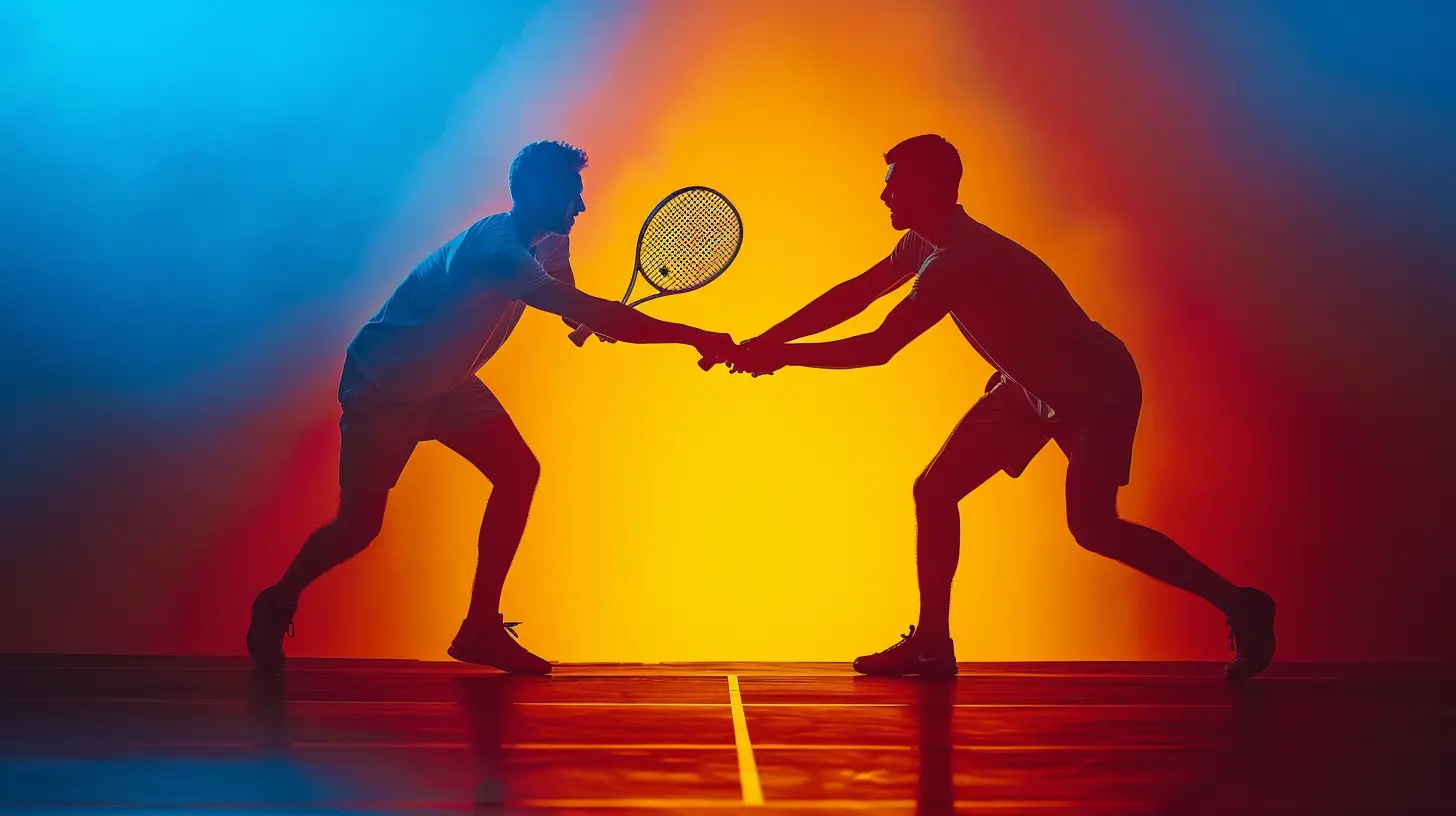
Mentors as Sportsmanship Architects
Okay, picture this: You’re a young athlete. Fired up. Talented. Maybe a little cocky. You love winning, but you hate losing even more. You could go two ways here—be the arrogant show-off who humiliates opponents, or grow into a leader who motivates and respects everyone around them.Which path you take? That depends a lot on who’s guiding you.
That’s where mentors step in as architects of sportsmanship. Just like a blueprint shapes a building, a mentor shapes how an athlete thinks about the game—and themselves.
The Mentor-Athlete Relationship Is Like a Mirror
Mentors reflect the kind of person you could become. They don’t just tell you what you want to hear. They show you the tough stuff—the flaws, the bad habits, the blind spots. But they also show you who you could be if you stay on the right path.And when it comes to sportsmanship, that’s everything.
The Ripple Effect: Mentorship Doesn’t Stop With One Athlete
Here’s where it gets even cooler. An athlete who’s been mentored in sportsmanship often turns around and mentors someone else. It’s this beautiful cycle.- A pro soccer player helps a teen navigate early fame.
- A college basketball player mentors a freshman struggling with confidence.
- A retired gymnast volunteers at youth camps, teaching more than just routines.
It’s like planting seeds. One strong mentor can change an entire team culture. Imagine a locker room where older players teach rookies how to respect the game. That’s mentorship in action—and its impact spreads far beyond any one athlete.
What Happens Without Mentorship?
Now, let's flip the coin. What happens when mentorship is missing?You get:
- Athletes who can’t handle losing
- Talent without humility
- Teams torn apart by egos
- Players who burn out because no one ever showed them how to deal
Sounds familiar? You’ve probably seen it in your local leagues or even in the headlines. These stories are often preventable—if someone had stepped in to guide them.
How Coaches Can Be Better Mentors
Coaches are in a key position, but let’s be real: not every coach is a great mentor. Some are only focused on results. But the great ones? They see the entire athlete—not just the stats.Here are a few ways coaches can step up their mentorship game:
- Model Respectful Behavior: Athletes don’t just listen to what you say—they watch what you do.
- Build Relationships: Get to know your players beyond the field. Understand their struggles, goals, and personalities.
- Celebrate Effort, Not Just Wins: When you reward hustle and heart, you’re teaching values, not just strategies.
- Encourage Peer Mentorship: Create an environment where older athletes help the younger ones.
What Parents (and Fans) Should Know
Mentorship isn’t just for the field. Parents can play a role too. Ever seen a dad shouting at refs from the bleachers? Not helpful.Parents and supporters need to back up what mentors and coaches teach. Celebrate sportsmanship at home. Talk about how your kid handled a tough loss or supported a teammate. Reward character, not just goals scored.
Bottom Line: Mentorship Builds More Than Athletes
At the end of the day, sports careers come and go. Trophies gather dust. Records get broken. But the lessons athletes carry through mentorship? Those last forever.Mentorship teaches athletes how to win with class, lose with dignity, and play with honor. It molds players into people who inspire others—on the field and off.
And maybe that’s the real gold medal.
all images in this post were generated using AI tools
Category:
Sportsmanship AwardsAuthor:

Preston Wilkins
Discussion
rate this article
1 comments
Avianna McNeal
Mentorship is crucial in developing sportsmanship. Experienced mentors not only teach skills but also instill values like respect and teamwork, shaping well-rounded athletes both on and off the field.
September 14, 2025 at 11:34 AM

Preston Wilkins
Thank you for your insightful comment! I completely agree—mentorship is vital in cultivating not just athletic skills, but also essential life values.
